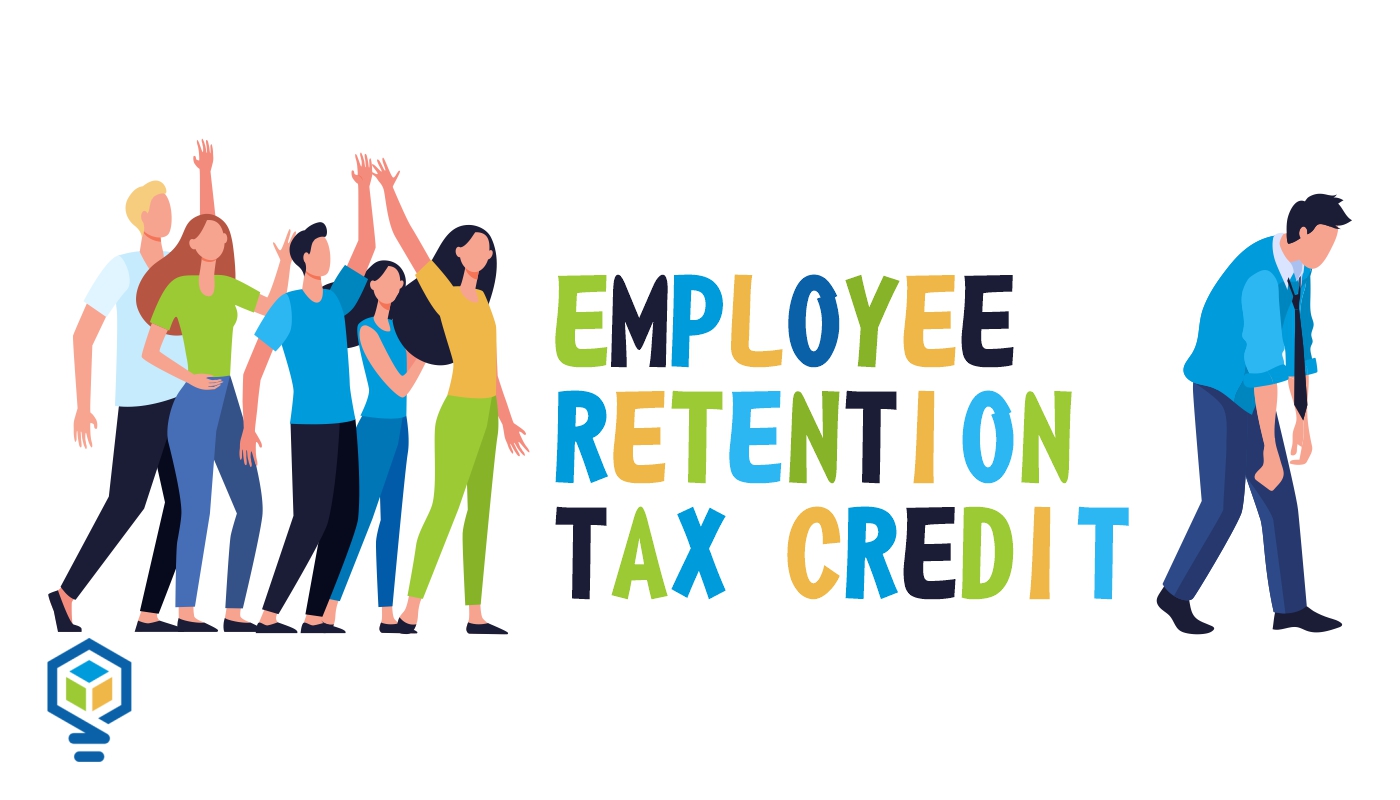CURRENT EDITION

Beyond Borders: Essential Tax Planning Insights for Advising Foreign-Invested Partnerships
Cross-border ventures can unlock exciting destinations for growth and investment, but they also come with some heavy-duty baggage -- think IRS paperwork, withholding headaches, and estate tax landmines. If you're a tax planner gearing up for this global expedition (especially if it's your first trip), this guide is your passport to smoother travels.
READ MOREIs Your Spouse Innocent or Injured? Part 2: The Innocent Spouse
Jack Sprat did pay no tax. His wife paid all of hers. But when they filed a joint return, She learned she owed all of his! This is the heart of the innocent spouse! The innocent spouse filed a joint return with a balance due – but didn’t really create the tax obligation. S/he did everything right, paid all the proper withholding or estimated tax payments. Yet, s/he suddenly finds out that the spouse has a balance due and doesn’t have the money to pay it all.
Read MoreHow to Get More Tax Write-offs for Your Rental Property
Question: Do I need to have my LLC hold the title to my rental property to get the tax benefits? Answer: If you’re like most investors, you probably purchased your rental property in your own name. While this doesn’t keep you from accessing all the special tax breaks available with owning real estate, it does expose you to some risky liabilities. Insurance can cover a lot of predictable liabilities like slip and falls, theft, and vandalism, but there are many other things that can happen putting not only the property at risk but also your personal assets. One way to protect against this risk is by using an LLC to hold your property. Most LLCs act like a corporation in providing limited liability protection against creditors for your personal assets and your other non-real estate business activities. Like most things in law, changing the deed can lead to a whole set of problems. So be sure to think twice before changing your deed. There are two key problems this action can cause you as the property’s owner. Keep reading to learn how to overcome them.
Read MoreTaking Care of Your Business: Estate Planning for Business Owners
You have put blood, sweat, and tears into your business and the hard work has finally paid off. Unfortunately, all the success may result in a significant tax bill for family members and very few resources available to pay it. Without an alternative, your business could end up on the chopping block for a fraction of what it is worth. It doesn’t have to be that way! Careful estate planning can result in: 1. Minimization of estate taxes 2. Generation of needed liquidity to satisfy estate expenses Continue reading to learn more!
Read MoreTaking Cash from Your C Corporation: Which Tactic is Best for You?
Being a shareholder owner of a C corporation comes with certain benefits, including the ability to take cash from your business. How to do so depends on your short- and long-term goals and consideration of the tax trade-offs. This article will discuss the options available to shareholder owners, other than borrowing, to realize cash from a corporation that is expected to continue.
Read MoreEmployee Retention Credit for the Little People
The Employee Retention Credit (ERC) was probably the ugly step-child of the CARES Act. It received very little attention from tax practitioners, because participation in the Paycheck Protection Program (PPP) precluded ERC. The Taxpayer Certainty and Disaster Tax Relief Act changed all that. This good news to you as a business owner threatens to overwhelm smaller tax firms, some of which might leave a valuable service to be performed probably less than ideally by the sorts of firms that sell R&D studies and cost segregation. They are already advertising. To avoid missing out on this valuable service for your client or to capture this free cash for yourself as a small business owner, keep reading.
Read MoreHow to Deduct Even More Expenses as Self-Employed Health Expenses
Question: Can I still deduct self-employed health insurance if my spouse has insurance through their employment? Answer: You may potentially qualify for the deduction even if your spouse has insurance through their employment. Healthcare costs seem to be always on the rise, and if you’re self-employed if can be tough to find an affordable option for a single participant plan. The good news is, the Self-Employed Health Insurance deduction provides an “above the line” write-off helping you not only save tax through a lower taxable income, but it also helps to slash your Adjusted Gross Income (AGI). Lowering your AGI also helps mitigate the disadvantages of AGI based tax laws. For example, some itemized like medical expenses and charitable contributions can be hampered by the amount of your AGI. In other words, AGI determines how much of certain deductions and tax credits you can take. There are three steps to qualifying for this deduction including some special provisions that let you sweeten the deal. Did you know you can even write off dental and long-term care insurance as self-employed medical expense? You can! Here’s how to get even more write-offs if you’re self-employed.
Read MoreNet Operating Loss Changes and the CARES Act: Planning Opportunities for 2020 Returns
One bright side to losing money in your business is your ability to at least use those losses as a tax deduction against other income you may have. Unfortunately due to tax reform it shredded your ability to claim NOLs after 2017 to 80% of taxable income - it all eliminated the opportunity to carry back these losses to get refunds. We’ve still been reeling from both of these changes. The CARES Act changed net operating losses (NOLs) in a major way to make usage of an NOL more taxpayer friendly … for a limited time. Because the changes are retroactive to 2018, this gives you the opportunity for 3 years of losses to provide much needed relief. The Treasury even provided a fast track to cash - keep reading to find out how.
Read MoreHere’s How a Family Limited Partnership Can Protect Your Assets From Tax
Planning for your future generations often means being real about how much (or how little) will be left behind for your heirs. If you’re like most, it is difficult to imagine telling your grandchildren they may be forced to sell the family home to pay off the IRS in estate tax. One solution is to look for a legal way to move assets and money to your children (or others) while minimizing your tax. A Family Limited Partnerships (FLP) might be the perfect mechanism for you to accomplish this. These special types of partnerships provide solutions to two main issues: asset protection and estate tax reduction. Not only will this help you create a legacy of giving, but it will also ensure that the family business or home actually stays, “in the family.” Asset protection is important as it limits your risk exposure and liability to lawsuits, bankruptcy, and other claims. FLP’s are used to move assets during your life leaving the amount of your taxable estate smaller, and helping you gift much more than the law typically allows. But if you’re thinking this means giving a seat to Jr. at the board room table, think again. You can optimally set up this arrangement to ensure you maintain control until you are ready to step down. All is not rosy in the world of FLPs however. These types of arrangements can be viewed by the IRS as abusive tax shelters to transfer wealth tax free. Keep reading for an in-depth look at FLP’s.
Read MoreNOT A MEMBER YET?

SUBSCRIBE TO GET ALL OF OUR
GREAT ARTICLES AND RESOURCES!
CURRENT EDITION

Beyond Borders: Essential Tax Planning Insights for Advising Foreign-Invested Partnerships
Cross-border ventures can unlock exciting destinations for growth and investment, but they also come with some heavy-duty baggage — think IRS paperwork, withholding headaches, and estate tax landmines. If you’re a tax planner gearing up for this global expedition (especially if it’s your first trip), this guide is your passport to smoother travels.

Maximize Your Tax Deductions on Business Repairs
When you own business properties, they will occasionally require repairs; that’s just a fact of business ownership. So, whether you need to make repairs on your place of business or your rental buildings, keep these simple truths in mind: You can either increase your net worth with tax-favored repairs, or you can decrease your net worth with tax-impaired improvements. Which would you prefer?

The Rise of Post-Cognitive Tax: Unlocking Enterprise Potential: How Post-Cognitive Accountants Transform Business Tax Forms into Strategic Masterpieces
In the transformative landscape of 2027, the role of the accountant has transcended traditional boundaries. With Artificial Intelligence (AI) shouldering the burden of routine calculations and compliance checks, the Post-Cognitive Accountant emerges as a strategic visionary. No longer confined to the mechanics of number crunching, these professionals reimagine business tax forms—such as the Form 1120 for corporations—into dynamic portals that unlock untapped enterprise potential. Let’s embark on an exploratory journey through a corporate tax return, revealing how each line item becomes a gateway to innovation, growth, and holistic success.







